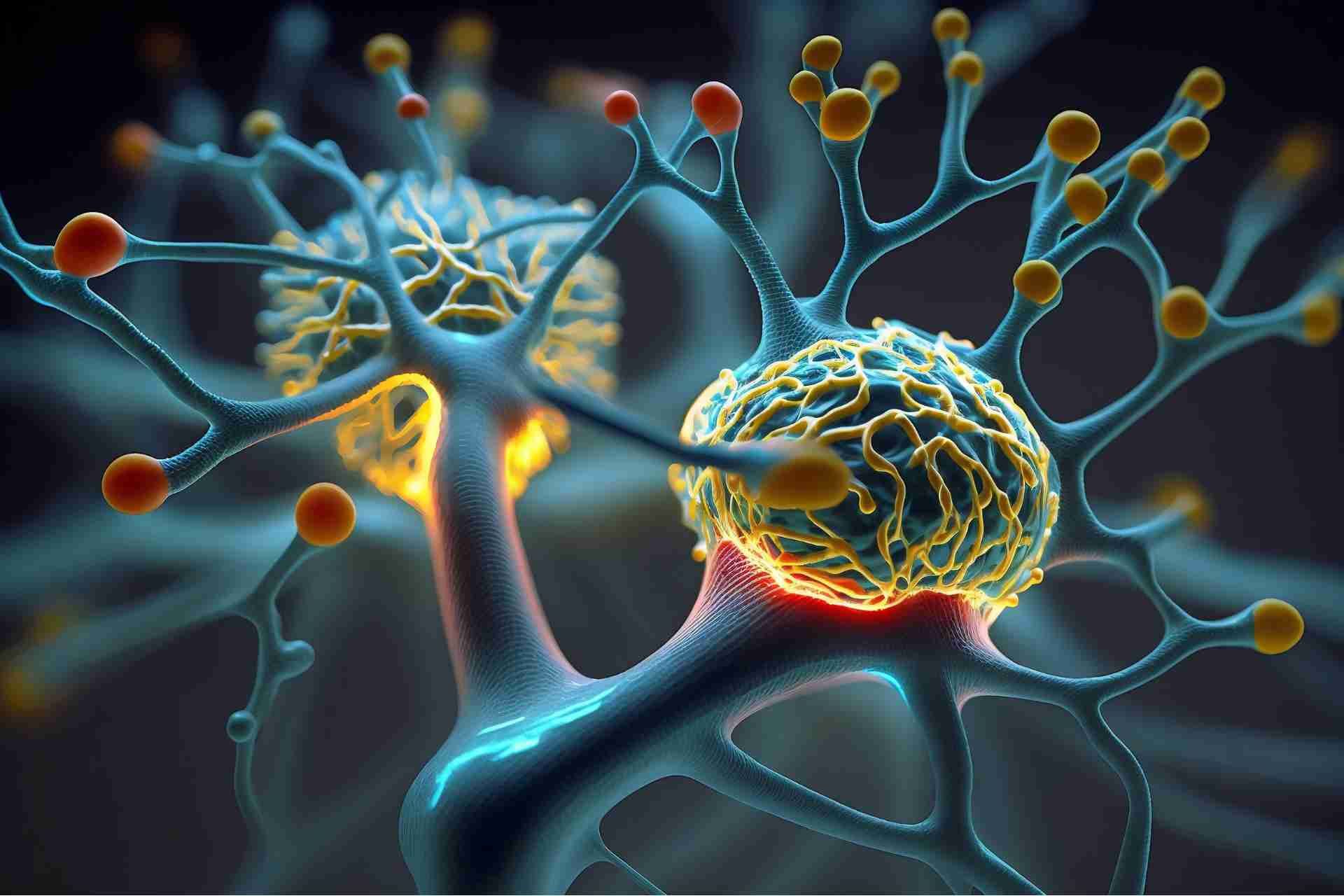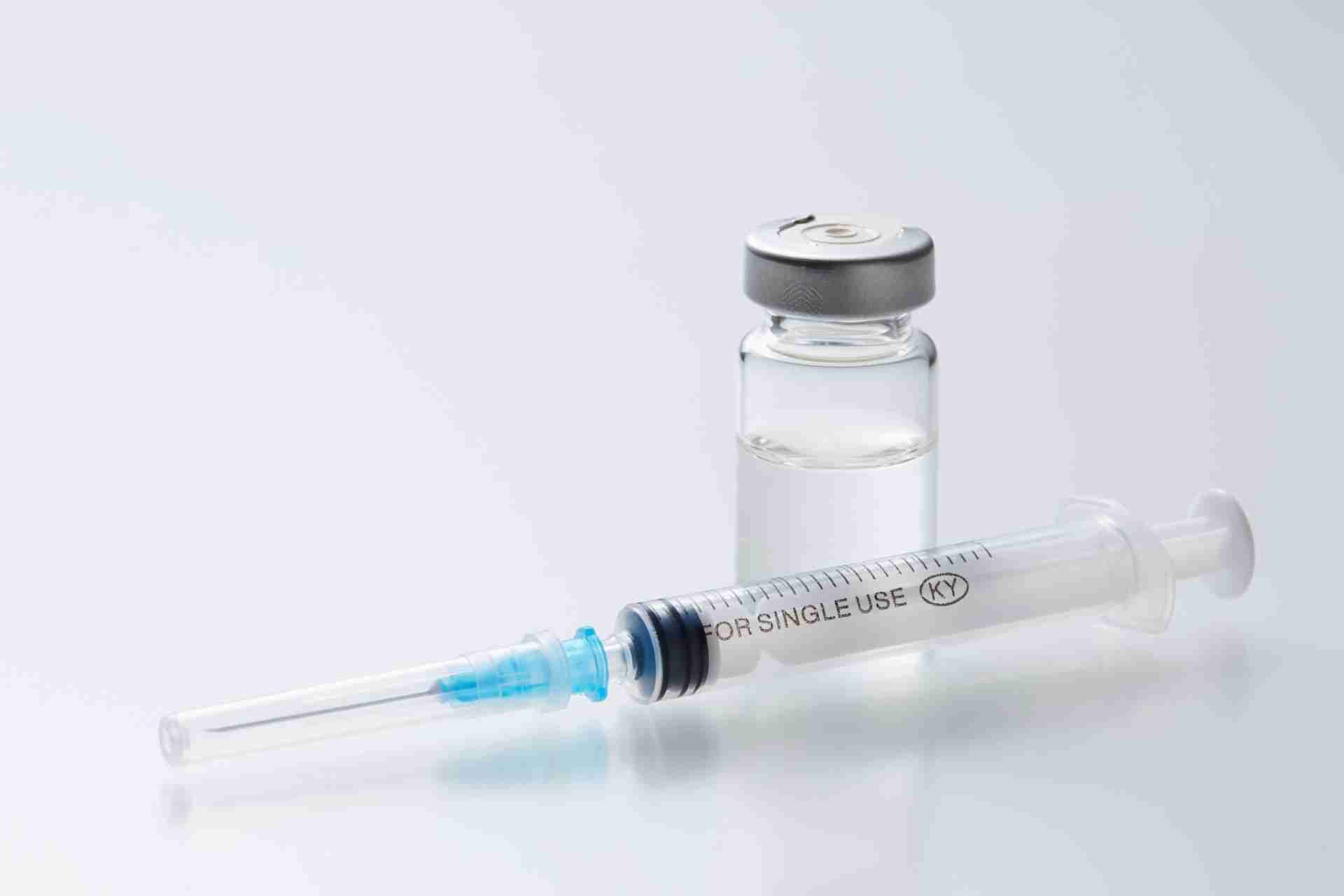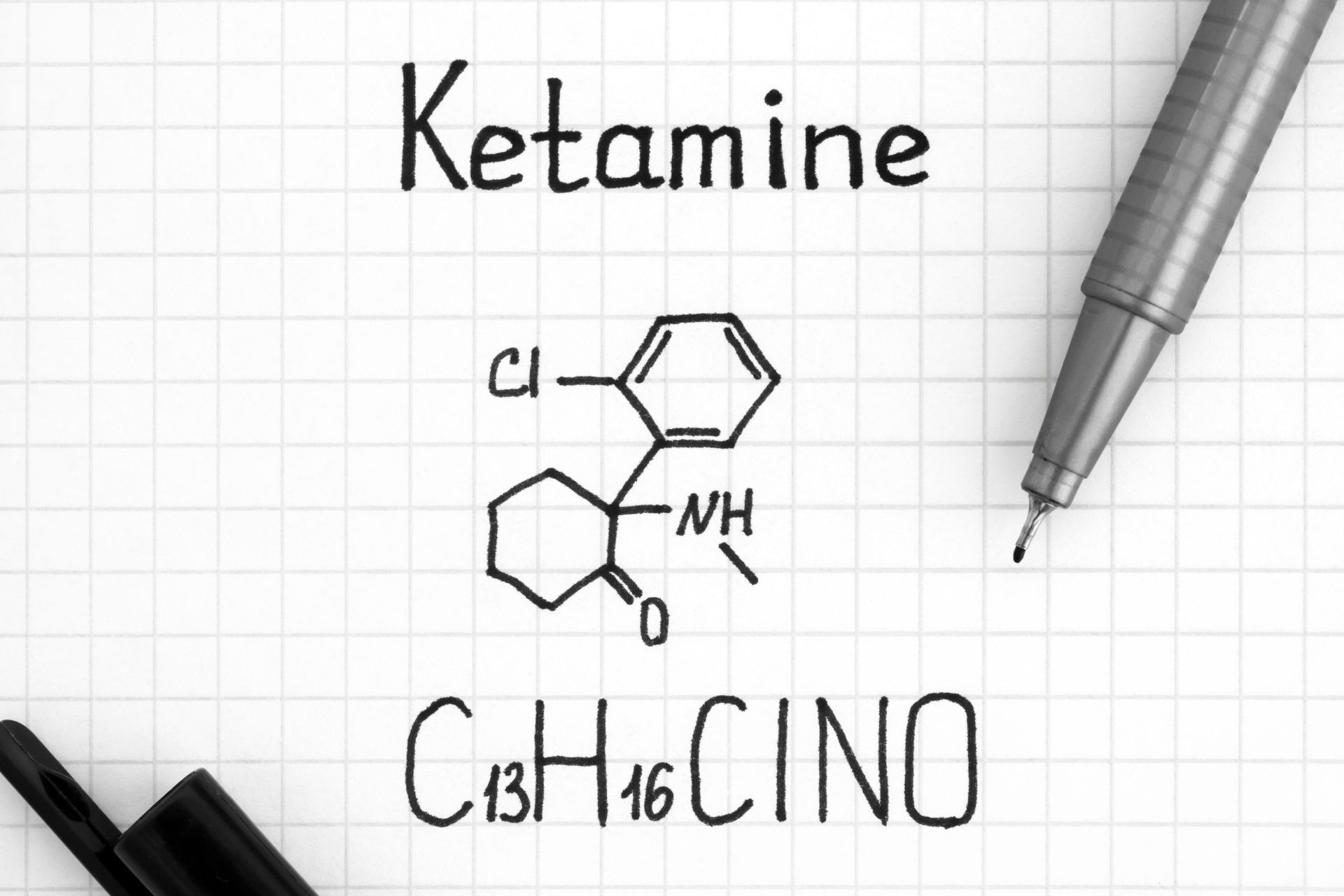Ketamine and Suicidal Thoughts: Urgent Option for Intervention

If you or someone you know has faced the grip of suicidal thoughts, you might wonder about effective interventions. Ketamine has emerged as a promising option, offering rapid relief that traditional antidepressants can't match. Its unique action on the brain sets it apart. But how does it work, and what makes it so crucial for those in crisis? Understanding these aspects is key to grasping its potential impact.
Understanding Ketamine's Mechanism of Action
While many people associate ketamine with its use as an anesthetic, its mechanism of action in treating mood disorders is far more complex.
Ketamine primarily works by blocking the NMDA receptors in your brain, which leads to an increase in glutamate levels. This boost in glutamate enhances synaptic connections and promotes neuroplasticity. In simpler terms, it helps your brain create new pathways for processing emotions.
Additionally, ketamine influences the opioid receptors, which can alleviate feelings of pain and distress. This unique combination of effects can rapidly improve mood, offering a lifeline for those struggling with severe depression.
Understanding these mechanisms can help you appreciate how ketamine serves as a vital option in mental health treatment.
The Therapeutic Benefits of Ketamine for Suicidal Ideation
As you explore the therapeutic benefits of ketamine for suicidal ideation, you'll find that its rapid effects can be life-changing for those in crisis.
Ketamine acts quickly, often alleviating symptoms within hours, unlike traditional treatments that may take weeks. This swift response can provide immediate relief, allowing you to regain hope and stability.
Research shows that ketamine can reduce suicidal thoughts significantly, making it a crucial option during acute episodes. Additionally, it works through different pathways than typical antidepressants, addressing underlying issues more effectively.
With its unique mechanism, ketamine offers a promising alternative, especially for individuals who haven't responded to other treatments.
Ultimately, it empowers you to take the first step toward recovery and a brighter future.
Comparing Ketamine to Traditional Antidepressants
When comparing ketamine to traditional antidepressants, it's clear that their mechanisms and effects differ significantly.
Ketamine works rapidly, often providing relief within hours, while traditional antidepressants like SSRIs can take weeks to show effects. This speed can be crucial for those experiencing acute suicidal thoughts.
Additionally, ketamine targets NMDA receptors in the brain, whereas traditional antidepressants primarily influence serotonin levels. This unique action may contribute to ketamine's effectiveness in treatment-resistant cases.
Side effects also vary; ketamine may cause dissociation or temporary changes in perception, while traditional antidepressants might lead to weight gain or sexual dysfunction.
Understanding these differences can help you make informed choices about your treatment options, particularly in urgent circumstances.
The Importance of Timely Intervention in Mental Health
Timely intervention in mental health can be the difference between recovery and crisis. When you recognize signs of distress, acting quickly can prevent escalation of symptoms and reduce the risk of self-harm.
Mental health isn't always a straight path; it can shift unexpectedly, and being proactive is crucial. If you or someone you know is experiencing suicidal thoughts, reaching out for help immediately is vital. Support from mental health professionals can lead to effective treatment options that work.
Expanding Access to Ketamine Treatment for Those in Need
Recognizing the urgency of mental health interventions, expanding access to ketamine treatment offers a promising avenue for those grappling with severe depression and suicidal thoughts.
By increasing the availability of ketamine therapy, you can help bridge the gap for individuals who may not respond to traditional treatments. This means advocating for policies that support clinics offering ketamine infusion therapy, as well as ensuring insurance coverage for these services.
Additionally, community awareness programs can educate both patients and healthcare providers about ketamine's potential benefits.
Conclusion
In conclusion, ketamine stands out as a vital option for those struggling with suicidal thoughts, offering rapid relief that traditional antidepressants can't match. Its unique action on NMDA receptors promotes neuroplasticity, providing hope when it's needed most. Timely intervention is crucial in mental health, and expanding access to ketamine treatment can save lives. If you or someone you know is in crisis, consider the potential benefits of ketamine as a transformative step toward healing.










